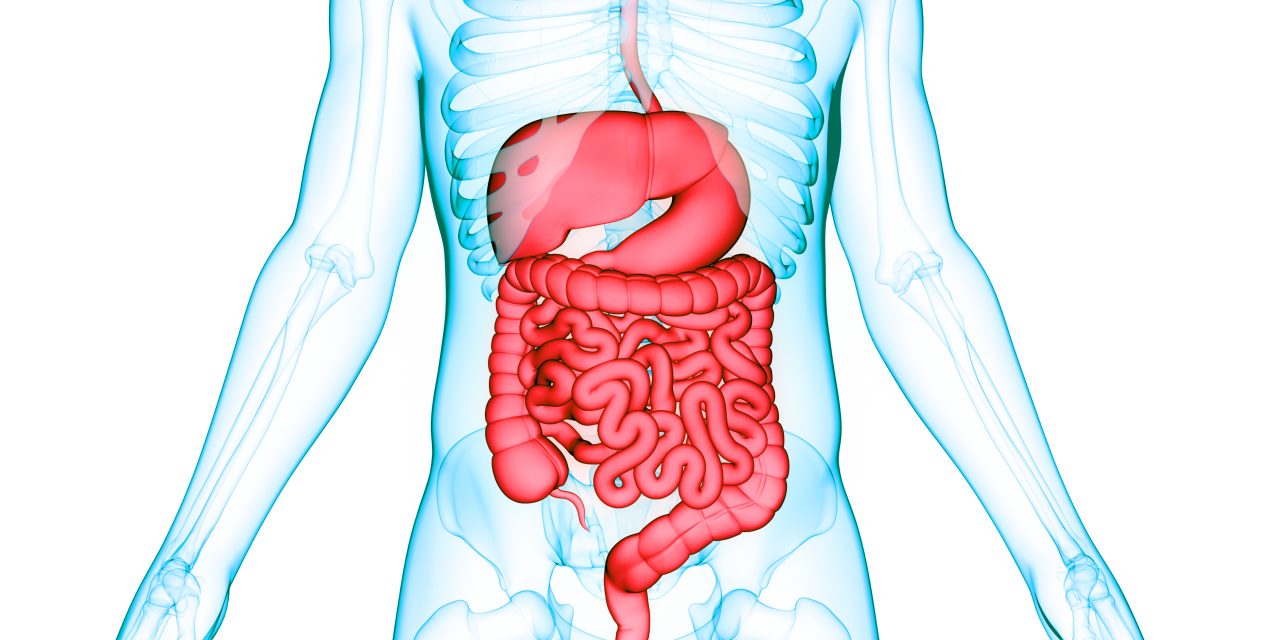Despite efforts to minimise children’s exposure to corrosive household chemicals, caustic ingestion remains a serious medical concern. The current study’s goals were to assess the clinical effects of caustic intake and to discover prognostic variables that might influence both diagnostic and therapeutic treatment. From June 2017 to June 2018, all children who were referred for consumption of a caustic chemical were enrolled. Medical records, test results, and endoscopic findings were examined and evaluated. Researchers enrolled 44 youngsters who had ingested caustic substances. Alkaline agents were consumed by 26 of the 44 patients, whereas acid agents were consumed by 18 of the 44 patients. Alkaline agents, rather than acid agents, were linked to a lower endoscopic score and a greater risk of early esophageal stricture development. The particular chance of having severe esophageal lesions increased with the amount of symptoms, but no esophageal damage was detected in asymptomatic patients.
Our findings show that endoscopic examination is required in symptomatic patients to direct therapeutic care, but it might be avoided in asymptomatic patients after accidental ingestion, especially if the ingestion is merely suspected and the patients do not exhibit oropharyngeal burns.


